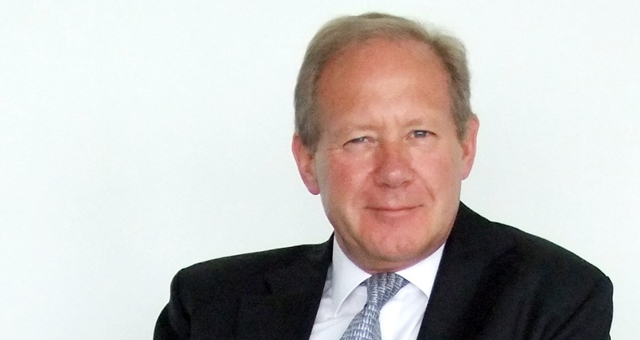
Hotel development firm, Pro-invest Group, says that astute investors in the hotel sector can ride the upside of the current COVID-19 crisis and be well-positioned for a return to travelling ‘normality’ as long as they commit to a sustainable future.
The company today confirmed it will proceed with its scheduled openings of Holiday Inn Express Queenstown in mid-July and Holiday Inn Express Sydney Airport in Q3 2020. The brand’s Newcastle outlet has also now reopened to guests and enjoyed a full house over the recent Queen’s Birthday long weekend.
Pro-invest Group CEO, Ronald Barrott, said hotels will need to come up with new solutions to meet the needs of travellers who want to balance health and environmental consciousness.
Barrott said new science-led protocols, cleaning and service measures were being introduced to the company’s network of Holiday Inn Express hotels across Australia which will require changes from traditional styles of hotel operations. However, wherever possible, the new era of travel should not sacrifice the gains made in incorporating sustainable principles and measures into the hotels.

“Gone are the days of crowded lifts, with lift capacity figures to shift to a maximum of maybe just four,” Barrott said.
“Such a change in operation may very well result in increased energy consumption as lifts may now travel up and down at greater frequencies. Smart design comes handy here with regenerative lift drives which aid in recycling energy. Such technology has been deployed at our Holiday Inn Express Melbourne Southbank to cover the hotel’s 16 levels.”
“We used the closures of our four existing hotels to upgrade all our safety and health procedures, partnering with industry-leading cleaning and hygiene companies to ensure our hotels offer a Covid-safe environment for guests,” he added.
“We have also reviewed our hospitality procedures, including changing our food and beverage offering, utilising single-use cutlery and crockery that is biodegradable and compostable wherever feasible given current circumstances.”
Barrott said that even food items are being carefully selected to take into account guest feedback, with Holiday Inn Express Newcastle adding to guest confidence by preferencing whole pieces of fruit that have a natural “protective” barrier such as bananas and mandarins.

“It’s not all gloom and doom for the hotel industry,” added Dr Sabine Schaffer, Managing Partner of Pro-invest.
“The hotel closures have given the industry a chance to recalibrate and highlight that hotels are providing the safest and highest level of quality facilities in the accommodation sector. Houses and apartments rented out in the unregulated accommodation sector simply can’t offer such guarantees, so our industry has a great opportunity to recapture some of the lost market-share.
“We expect many short-term rental properties to return to long-term rental arrangements as a result of travellers’ concerns about hygiene and safety.
“From an investment point of view, we believe that institutional investors will make sustainability an even higher priority in the future. Coronavirus may have captured the attention over the past three months, but climate change and the need for all industries to adapt will soon return as one of the highest priorities.
“There is huge potential for the industry to transition towards an inclusive, low-carbon, and climate-resilient environment, with more properties being built and operated according to NABERS sustainability guidelines. Our Holiday Inn Express Newcastle hotel achieved a 5-star NABERS Energy rating during the first week of June 2020 and we are aiming for our Holiday Inn Express Melbourne Southbank to achieve a 5-star NABERS Energy rating by next year.
“COVID-19 has caused a cyclical ‘bump in the road’ and closed borders will mean that the industry will take some time before it recovers fully, but structurally the industry is sound and has the chance to establish new norms of operation that give travellers and investors renewed confidence in the future of the sector.
“Significantly, parties who invested through SARS and the GFC with hands-on management and deep industry experience made some of the best investments in hindsight. There’s no reason why investors can’t similarly share in the upside of the current crisis.”

